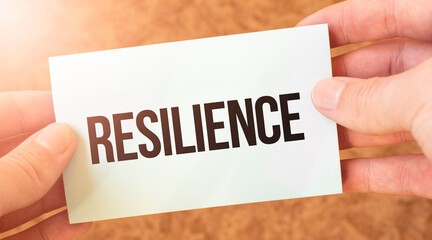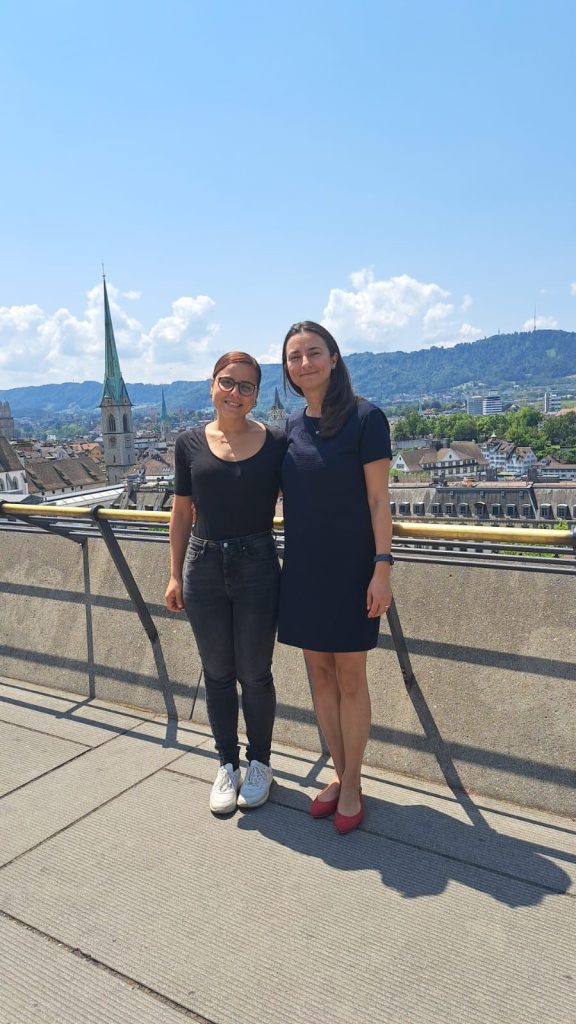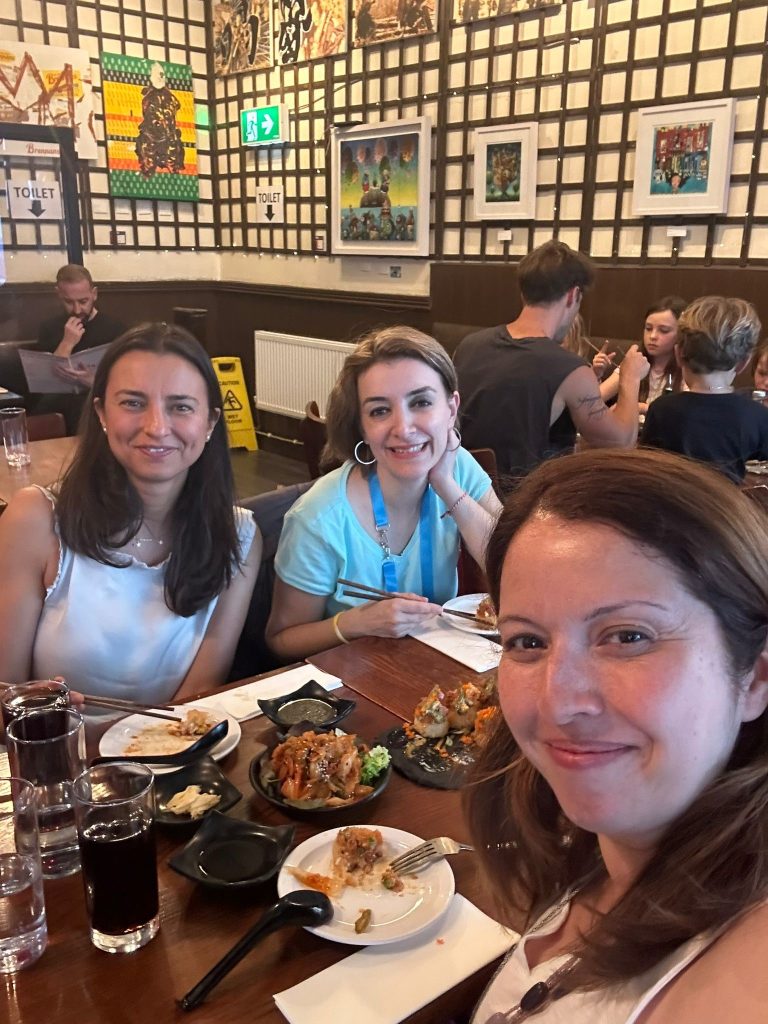
Von Dr. Zeynep Erden
If you are a healthcare worker, you know how challenging it can be to work in a team that faces stress, uncertainty, and failure every day. You also know how rewarding it can be when your team overcomes those challenges and delivers high-quality care to your patients. But what makes some teams more resilient than others? How can you and your team members develop the skills and attitudes that help you bounce back from adversity? Those are crucial questions that team leaders and members should continuously ask. However, they are mostly taken for granted until an adverse event hits. Until Covid-19, most organizations and teams did not care much about those questions. Covid-19 reminded us of the importance of team resilience as it was a decisive key success factor; whereas some teams could overcome the challenges faster and more easily, some could not even survive.
Thanks to Covid, scholars started researching this field more. Although individual and organizational resilience is well studied and we know a lot about them, team resilience is a new research field. We do not even have a shared definition of team resilience yet. Whereas some scholars conceptualize it as a capacity, others conceptualize it as a process or outcome. For simplicity, I will define it as the capacity of a team to cope with adverse events such as stress, failure, and uncertainty.
It is important to explore team resilience further as it enables teams to continue functioning and maintaining performance in demanding and complex work environments such as healthcare. We investigate this topic with three colleagues (Marianna Frangeskou from Tilburg University, Zeynep Yalabik from the University of Bath, and Adriana Rapti from the University of Patras). We are studying team resilience in healthcare settings, especially in hospitals, where teams need to deal with complex and dynamic situations. We want to understand how team resilience is built and fostered in these contexts, and what factors influence it. We are interviewing healthcare providers and listening to their experiences as a team member. It is fascinating to hear about their real stories, fears, and personal challenges in building individual resilience and contributing to team resilience. We are learning a lot from their insights and perspectives on what makes a resilient team. We will share our findings with you in a scientific paper soon, so stay tuned!
With my co-authors, we want to practice what we preach and create a strong team spirit and connection so that we can deal with adverse events (e.g. rejection of our paper, decreased team size etc.). Below you will see some examples of how my co-authors and I are building our team resilience. Since we are based in different countries, we decided to meet regularly in person and reflect on our progress. This month, I had the chance to meet two of them separately and I was amazed by the impact of personal bonding on teamwork.
Marianna visited me in Zurich for a work retreat: At WIG we invite visiting scholars to join our institute and experience our culture and teams. This helps us to feel more connected, to advance our projects, and to understand each others‘ reality better. With Marianna, we spent time in both Winterthur and Zurich. Here is a photo from Polyterasse at ETH Zurich.

I met Zeynep at the EURAM Conference in Dublin: This year the EURAM conference was hosted by Trinity College. The theme of the conference was “transforming business for good”. I participated as a panelist in a symposium, where we discussed how we can address the problem of healthcare worker shortages. Conferences are not only great for learning about the latest research questions and findings but also great for meeting your co-authors and socializing. We took advantage of this opportunity with Zeynep and spent time together. Here you see a photo of us in a Sushi Restaurant.

One of the best ways to build a strong and cohesive team is to have fun together. In-person interactions and leisure activities are extremely important for having effective teams (even when facing challenges). I recommend all teams take this seriously and invest in their team!
Zeynep Erden is a senior lecturer and researcher at ZHAW. Zeynep is also a Visiting Professor and coach at Vlerick Business School and a lecturer (PDA) at the Department of Management, Technology, and Economics (MTEC) at ETH Zurich.